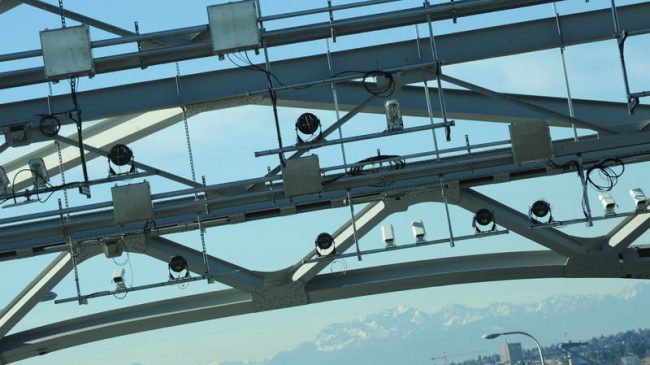I have written two new surface transportation policy recommendations in addition to the six that my colleagues and I wrote last month. The first concerns the looming problem of reconstructing and modernizing America’s aging Interstate highways, which our 2013 Interstate 2.0 study estimated as costing just under $1 trillion. There is no identified funding source for this enormous set of mega-projects, so our study analyzed the possibility of using 21st century (all-electronic) tolling as a way to generate a revenue stream to finance such projects. The results showed this to be feasible for all but a handful of states. But it is not legally possible for a state DOT to do this, due to a 1956 ban on tolling any Interstate that was not grandfathered in by the original legislation creating the program.
My brief proposes that Congress “mainstream” an existing pilot program that allows three states to each reconstruct one Interstate highway using toll finance. None of the three states holding those slots has reached political consensus on doing so, though Missouri seems to be getting close (for replacing its aging I-70). All 50 states should have this option, and it should apply to all their Interstates, so that a responsible state DOT could develop a 20-year plan to rebuild and modernize all its Interstates via toll financing. But because highway user groups have seen states try to charge tolls much higher than needed just for a highway being built or rebuilt, this federal permission must come with safeguards for highway users. The tolls would be limited, by law, to only paying for the capital and operating costs of the state’s set of Interstate highways-period. In other words, as a pure user fee. And to avoid “double taxation,” they would give their new toll-payers on the rebuilt highways a rebate on their state gas taxes, based on the miles they drove on the new tolled Interstate (possibly handled via their vehicle registration fees).
The full recommendation is available here.

